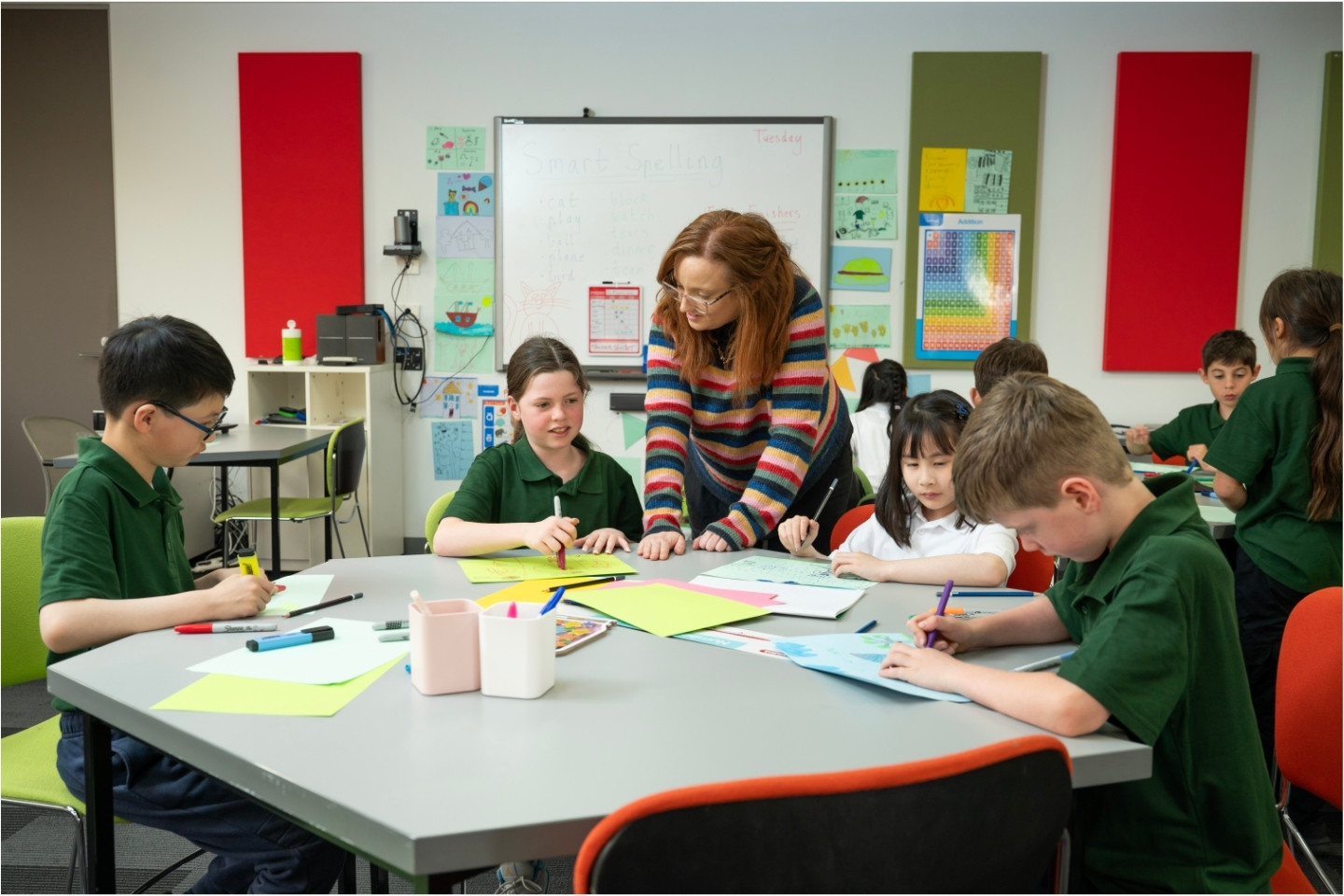
Australia lifts performance in Year 4 maths and science – but system equity and engagement challenges remain
Media release less than 1 day ago 5 minute readThe 2023 Trends in International Mathematics and Science Study (TIMSS) shows Australia continuing to climb the global rankings at the primary level, however the latest TIMSS report confirms longstanding challenges around equity and student wellbeing.
Key Points
- Australian Year 4 students recorded their highest-ever average scores in mathematics and science in TIMSS 2023.
- Year 4 students were outperformed by just 4 countries in science (down from 8 in 2019) and 14 countries in maths (down from 22 in 2019).
- Year 8 performance remains stable, with no significant changes since the last cycle.
- The results reinforce the link between school climate, student wellbeing and academic achievement.
Australian students have achieved their strongest-ever results in Year 4 mathematics and science, according to the latest international assessment data.
The 2023 Trends in International Mathematics and Science Study (TIMSS) shows Australia continuing to climb the global rankings at the primary level. Year 4 students were outperformed by just 4 countries in science and 14 countries in mathematics — a marked improvement from 2019, when those numbers were 8 and 22 respectively.
At the same time, achievement among Year 8 students has remained steady, highlighting the need to sustain momentum and engagement through the middle years.
Despite improvements, the latest TIMSS report confirms longstanding challenges around equity and student wellbeing. Students in more affluent schools, and those in major cities, continue to achieve higher scores. While this pattern is consistent across cycles, the data shows some schools do break the trend — reinforcing the importance of targeted support and school leadership.
The study highlights the clear benefits of safe, inclusive and well-run schools. A strong sense of belonging, lower rates of bullying, and a calm and orderly environment are all associated with higher performance. These findings have remained stable over time and point to the central role of school climate in shaping student success.
Well-prepared teachers and clear instruction also make a measurable difference. The TIMSS data reinforces the value of government investment in teacher professional development and supports the case for further targeted resources to help teachers tailor learning in the early years.
CEO Statement – Lisa Rodgers
“These results highlight the value of investing in strong foundations. Our Year 4 students are performing better than ever before, and we’re seeing clear signs of progress where teaching is strong and school communities are engaged.
At the same time, Australian teachers are navigating complex classroom environments — marked by student disengagement, attendance challenges, and behavioural disruption. This evidence underscores the importance of building school- and system-wide commitments to teaching excellence, underpinned by calm, respectful and inclusive environments.
The focus on supporting student attendance, wellbeing and engagement through a coordinated system of support is essential. Schools and systems know this and are acting on the evidence.”
About TIMSS
TIMSS is one of the world’s largest education studies, surveying over 650,000 Year 4 and Year 8 students from 64 countries, including 13,912 Australian students from 552 schools, as well as their teachers and principals.
ACER manages Australia’s participation in TIMSS on behalf of the Commonwealth, state and territory governments.
Media enquiries:
ACER Communications
+61 419 340 058
communications@acer.org
